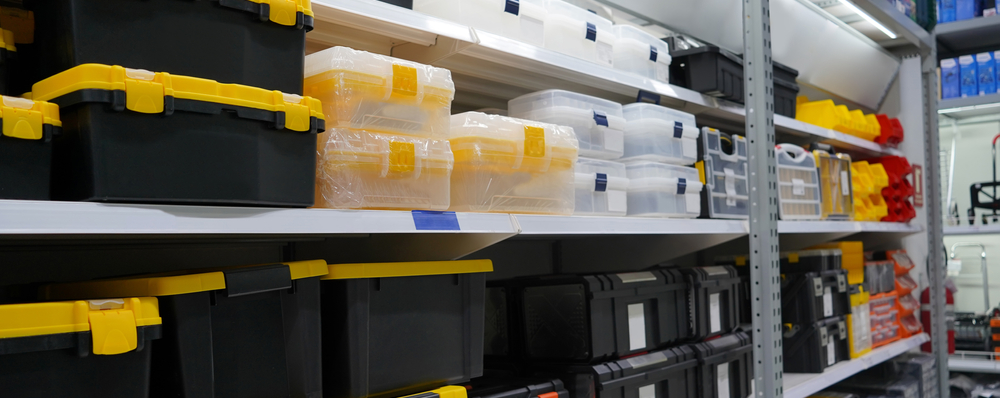Owning a business can be a costly endeavor at times, from ordering inventory and paying employees to renting a warehouse and office space. The last thing hard-working business owners need is for some of their precious inventory to go to waste due to improper storage procedures.
With this in mind, let’s take a look at three common types of materials and how they should be stored.
O-Rings
O-rings are used in a wide variety of industries; everything from automotive shops that use them in fuel handling systems and vacuum services to the medical industry, scuba diving shops, restaurants and more. O-rings are also made from different types of materials. For instance, Viton fluorocarbon o-rings are used in situations that involve a great deal of chemical exposure, in aircraft engines and in products that endure high temperatures. While this type of o-ring can withstand a wide range of chemicals and conditions, it doesn’t mean they can be tossed in a box and kept in a humid storeroom.
O-rings must be packed and stored in a way that keeps them away from oxygen, light and contaminants like dirt and dust. Also, ensure that the o-rings are not crushed or distorted when in storage. Ideally, the storeroom should be less than 100 degrees Fahrenheit and not too humid, as the seals can absorb moisture and then not perform as they should. As an additional tip, use the “first in, first out” rule that you probably follow for most of your inventory.
Hazardous Materials
Hazardous materials of any kind must be stored properly, not only to be sure they are not damaged or corrode the container they are in, but also to keep employees safe and healthy. As HWH Environmental notes, all hazardous materials must be properly labeled and also stored in the correct type of container. They must also be kept in a ventilated, dry area away from other materials.
As new hazardous materials are ordered, they must also be placed into the cool and dry storage areas, with their lids on at all times and correctly labeled. Employees should be well trained on how to correctly store and handle these materials as well, and they should also be advised on what to do in a variety of emergency situations.
Medications
Pharmacies and medical practices must store medications properly, as should any company owner who has a basic First Aid kit or other medications available like pain relievers for their employees to use. As Bay State Health notes, while medicines come in all sorts of forms including tablets, capsules, liquids and more, they all share one thing in common: they do not like extreme temperatures.
Medicines that are kept in hot inventory rooms or freezing-cold storage rooms may not work as well as expected, which can have devastating effects on the user’s health. While all medicines have instructions on their labels with specific information on how they should be stored, in general, they must be kept at 59 to 77 degrees Fahrenheit and in a cool and dry place. Even if a storage room is kept relatively cool, do not keep medicines near a window, as sunlight can negatively impact their potency.
Proper Storage = Safety and Savings
Manufacturing and other materials kept in inventory rooms are not exactly cheap, and in some cases, they can be toxic to the people handling them. By ensuring that each and every item that they have on hand — from the smallest o-ring or pill to the largest drum of chemicals — is properly stored, it will help business owners save money, not waste materials and have a safe working environment.
